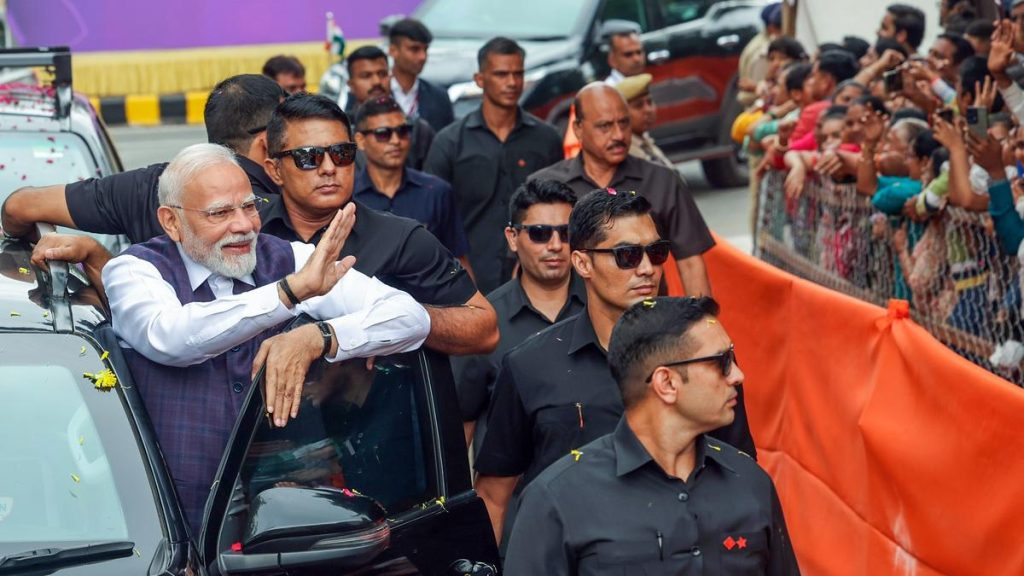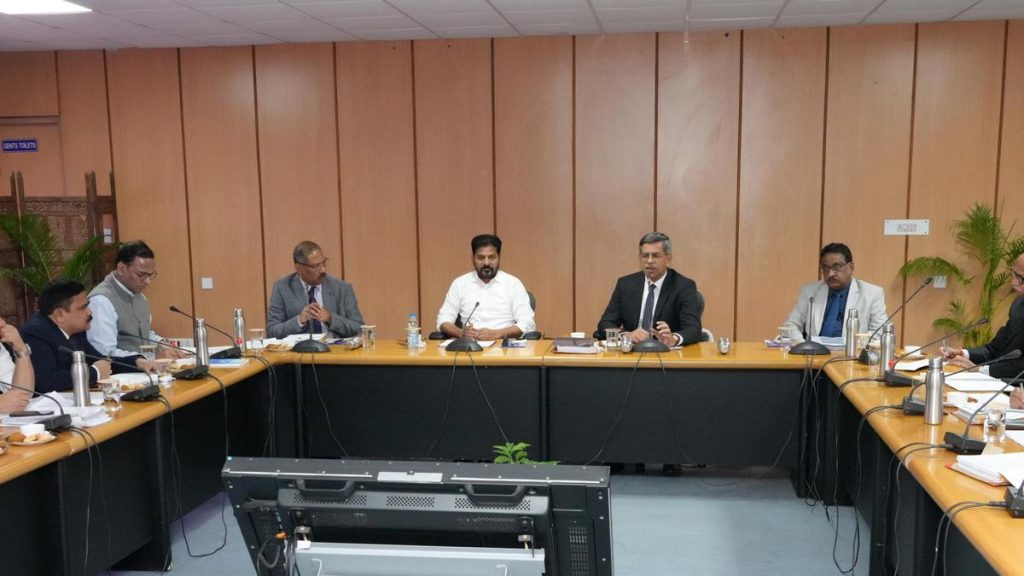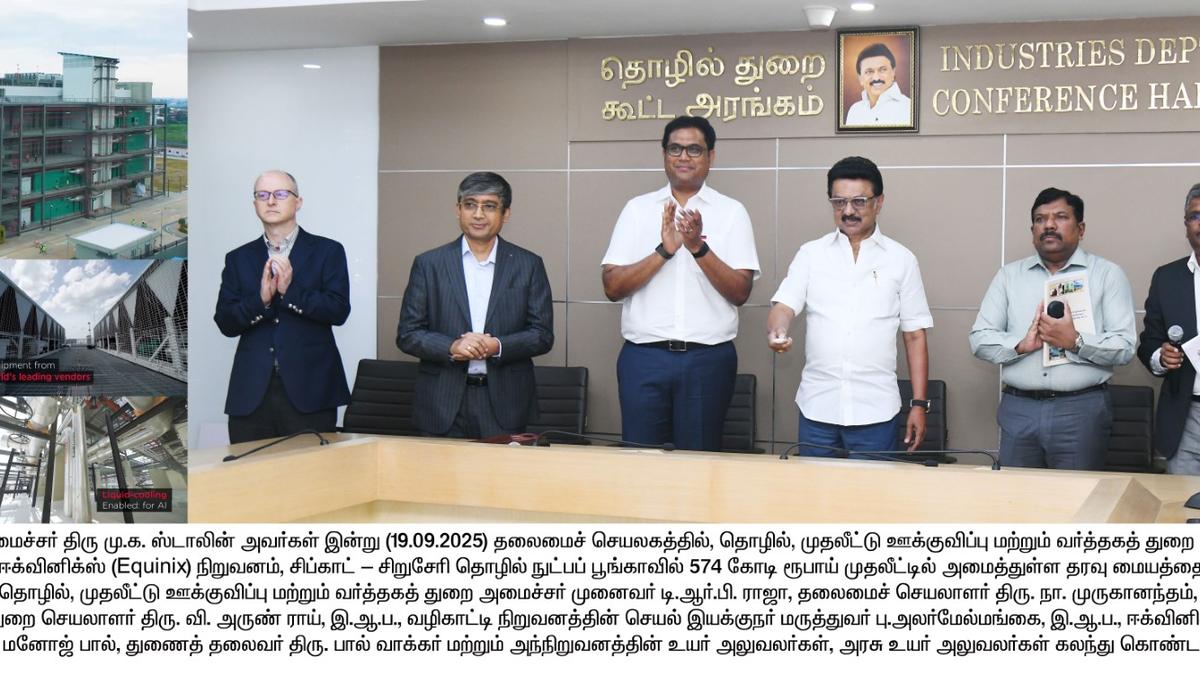Now Reading: Telangana CM Revanth Reddy Questions Govt on Talks with Pakistan but Not Its Own People
-
01
Telangana CM Revanth Reddy Questions Govt on Talks with Pakistan but Not Its Own People
Telangana CM Revanth Reddy Questions Govt on Talks with Pakistan but Not Its Own People
Quick Summary
- Telangana Chief Minister A. Revanth Reddy has called on the Union government to hold talks with Maoists willing to join the mainstream, questioning why dialog is possible with pakistan but not Maoists.
- As 2024, over 400 individuals allegedly linked to Maoism have been killed in Chhattisgarh during joint operations by State police and central armed forces.
- Mr. Reddy cited the example of Pothulla Padmavathi alias Sujatha, widow of slain CPI (Maoist) leader Kishenji, who recently surrendered before Telangana Police after laying down arms.
- He emphasized that lawbreakers should be dealt with strictly but urged mercy for those seeking rehabilitation into society.
- The Chief Minister demanded compensation for Telangana under GST rationalization as it stands to loose ₹7,000 crore annually due to slab adjustments and proposed extending compensation for states by five years under the GST regime.
- Regarding pending Assembly Bills on reservations tied up at the Presidential level, he stated his government will await a Supreme Court verdict on the timelines Governors and Presidents must adhere to when considering such Bills.
Indian Opinion Analysis
Chief Minister Reddy’s remarks about engaging in dialogue with willing maoists highlight a long-standing internal security debate: weather punitive action or inclusionary approaches are more effective in resolving such issues sustainably. His comparison between dialogues with Pakistan and internal rebels posits an ethical dimension that may resonate politically but demands careful consideration given differing contexts-external threats versus domestic dissent.
The GST-related comments reaffirm concerns many States share regarding financial implications following tax slab rationalization under reform measures-a conversation vital for ensuring equitable federal fiscal relations going forward.
On pending Assembly bills requiring Presidential assent, his response reflects frustration among States over procedural delays that impact governance reforms; however, waiting for judicial clarity underscores prudent patience within constitutional limits while balancing regional aspirations effectively.
To read more: The Hindu
























